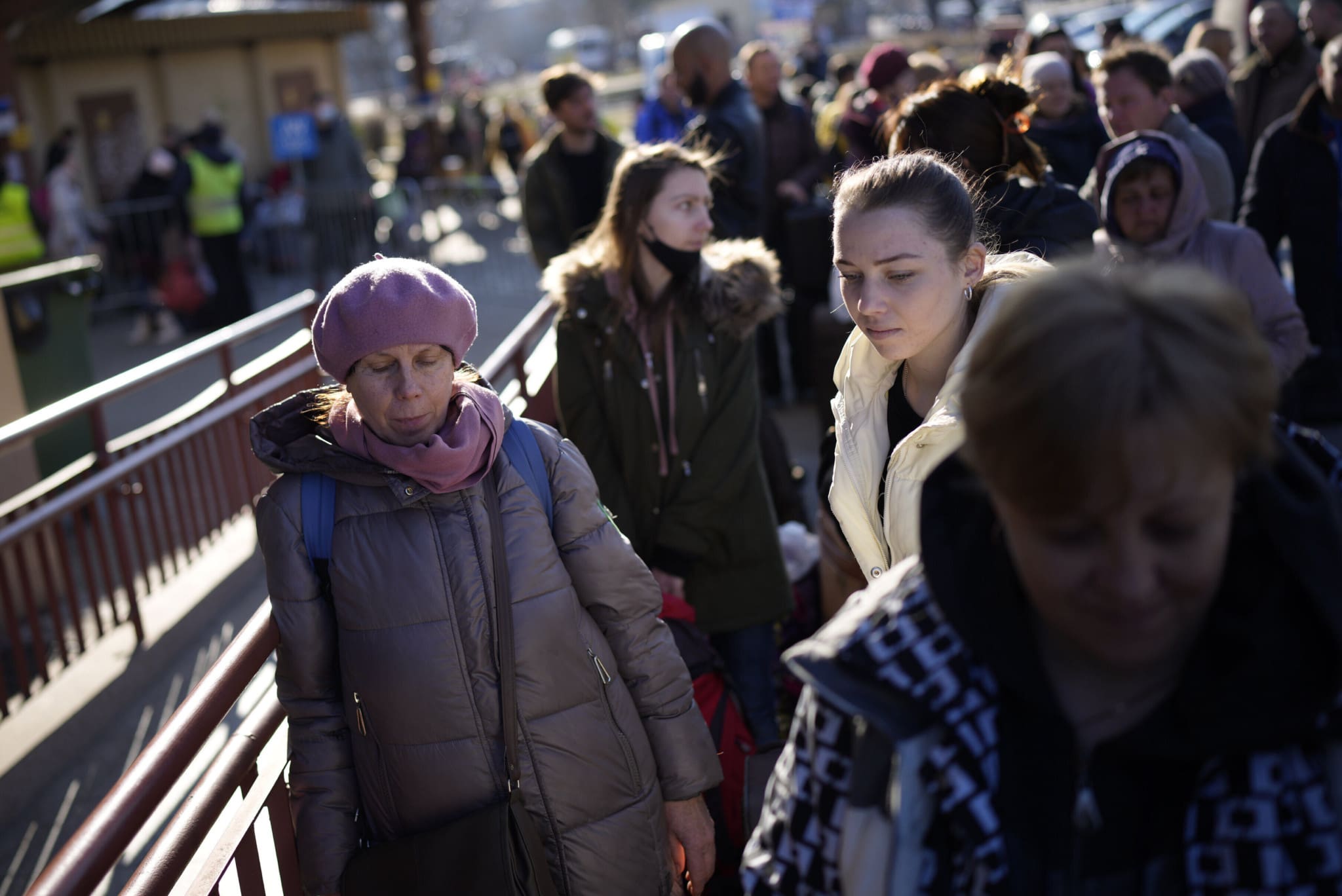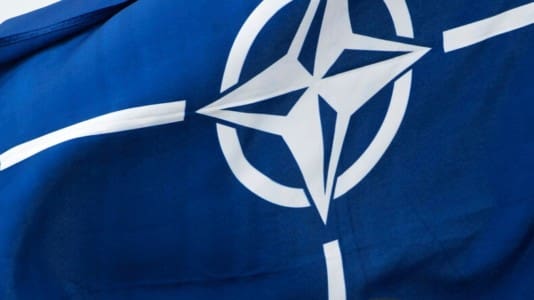According to the latest research, the Polish public is increasingly less supportive of refugees from Ukraine. This shift is evident across various areas of daily life, with the exception of the educational sector. The study, titled “Social Perception of Refugees from Ukraine, Migrants, and Actions Taken by the Polish and Ukrainian States,” was published by the newspaper Rzeczpospolita.
The results are clear: The once favorable attitude of Poles towards providing aid to Ukrainians and having them in Poland as refugees is fading.
Only 31 percent of respondents now believe that Poland should continue to “definitely” support Ukraine, a dramatic drop from 62 percent in January 2023. Meanwhile, 43 percent chose the option “rather,” indicating slight agreement. Notably, opposition to assisting Ukraine has risen to 19 percent.
The survey also reveals that 72 percent of participants think Poland should prioritize its own interests despite the ongoing war in Ukraine, specifically regarding food exports. This view is opposed by only 15 percent of those surveyed.
Dr. Robert Staniszewski, from the University of Warsaw and the University of Economics and Human Sciences in Warsaw, who led the study, noted that the most surprising finding is the significant decrease in friendliness towards Ukrainians in all areas except education.
Respondents attributed this change to what they perceive as the demanding attitude of the refugees. For the first time in such a survey, participants also pointed to an “Eastern mentality, Soviet culture,” which they believe manifests as a disregard for the common good.
“Moreover, the study indicates that an increasing number of people recognize differences between nations,” Dr. Staniszewski added.






